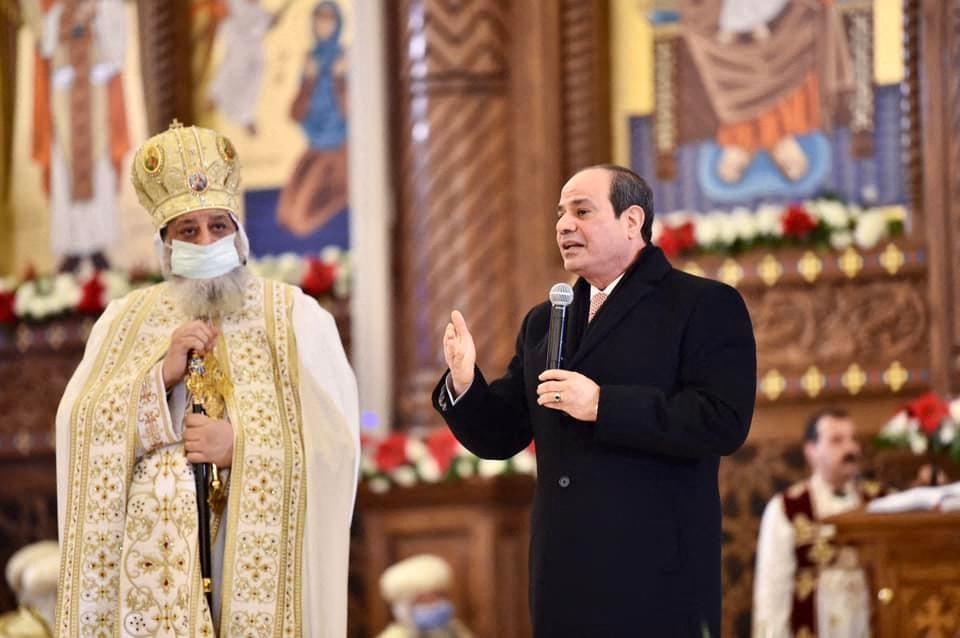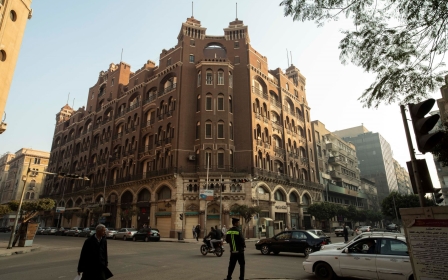Egypt appoints first-ever Christian head of country’s top court

Egyptian President Abdel Fattah el-Sisi on Wednesday swore in the first Christian to head the country’s highest court.
Judge Boulos Fahmy, 65, was appointed chief justice of the Supreme Constitutional Court. A Coptic Christian who began his legal career in 1978, Fahmy was selected from among the five oldest of 15 sitting judges on the bench.
“The President has expressed to the new head of the Supreme Constitutional Court his best wishes in his work, devotion and in shouldering his responsibility to champion justice and implement the law,” the presidency’s media office said.
Sisi has positioned himself as a supporter of Egypt’s Christian minority, which is believed to number 10-15 percent of the population. The Christian community has long complained of discrimination by some of their fellow Muslim citizens.
Many Coptic Christians have supported Sisi as a bulwark against Islamists following the military’s 2014 ousting of President Mohammed Morsi of the Muslim Brotherhood, Egypt's first democratically elected leader.
Sisi is close with Pope Tawadros II of Alexandria, who is the patriarch of the Coptic Orthodox Church. One of Sisi’s initial moves upon taking office was to lift restrictions on the building of Christian churches. The Egyptian leader, a Muslim, has also attended Orthodox Christian services as a show of solidarity with the Christian community.
Andre Zaki, the head of Egypt's Evangelical community, said the country was "witnessing a new historic national stage" with the appointment of Fahmy to head the court.
While the move is likely to be welcomed by the country’s sizable Christian population - which in the past has experienced attacks on Churches and the targeting of Christians in sectarian violence after the 2011 uprising that overthrew the government of President Hosni Mubarak, and then Morsi's removal by the army in 2013 - some say more should be done.
Ishak Ibrahim, a well-known expert on Christian affairs in the North African country, said on Twitter that the move will have little impact on ending discrimination against Christians, as they are still widely underrepresented in state institutions.
“It will not have a significant impact on eliminating discrimination and ensuring the opportunity for all citizens with justice and equality,” he said.
“We’ll be able to say there’s a significant improvement when we find the percentage (of Christians holding posts) has moved from around 2 percent to a percentage close to their numerical one,” he added.
Middle East Eye delivers independent and unrivalled coverage and analysis of the Middle East, North Africa and beyond. To learn more about republishing this content and the associated fees, please fill out this form. More about MEE can be found here.





